Eat breakfast like a king, lunch like a prince
and dinner like a pauper.
– proverb
Nutrition is a very extensive area, subject to various theories, tastes and personal preferences and needs. Therefore, in this article, we will not go into detail about the complex biochemical processes that take place in the human body, especially since, as in every field, there are conflicting scientific research and opinions, so it is impossible to say what is the absolute truth. But – we will deal with some well-known and proven concepts, which a large percentage of people consciously or unconsciously neglect – and maybe some of you will learn something new :).
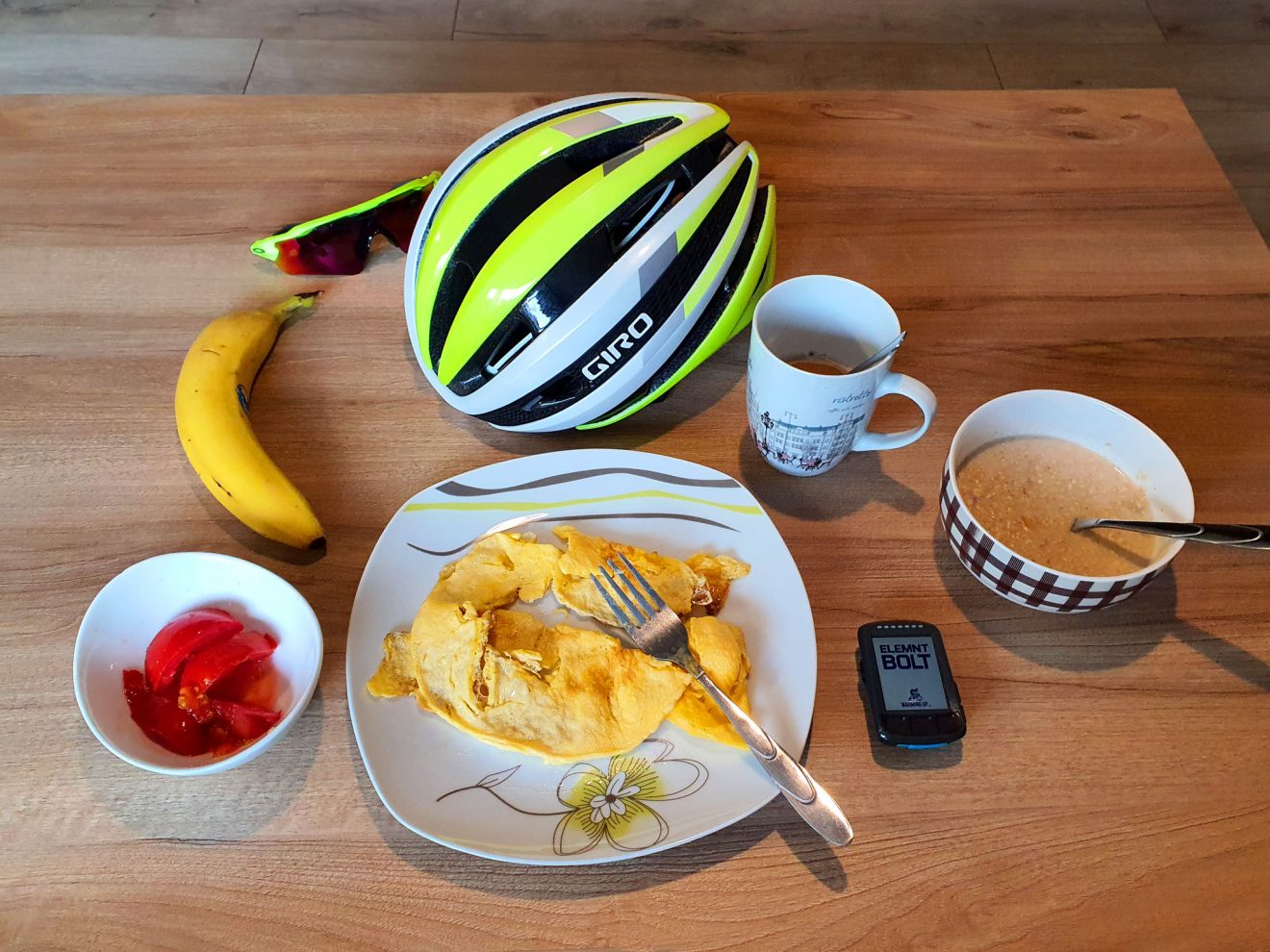
Basic concept of nutrition
The human body uses food as a fuel for its basic functioning, physical activity, but also for the preservation and renewal of cells. The food goes through biochemical processes and gets converted into energy. For the proper functioning of the organism, a quality and balanced diet is needed, ie. intake of protein, carbohydrates, fats, vitamins, minerals and water.
Although much depends on the metabolism and genetics of each individual person, where a person can be very slim no matter how much food they consume, while for others it looks like they “get fat from water”, for most people the formula is simple – if on daily basis you ingest more calories than you expend, the rest will inevitably turn into fat and accumulate as excess… and very soon you will no longer be able to wear your favorite pants and unwanted curves will appear on many parts of the body, which can affect your self-confidence… blah, blah … STOP! This is not some kind of “health & lifestyle” article, so we will immediately stop being pathetic and go to actual work :).
So, to put it simply – if you consume more calories than you consume on a daily basis (ie you have a calorie surplus) – you will gain weight. If you eat less (calorie deficit) – you will lose weight. But the situation in reality, of course, is much more complex than that, especially since we observe all this through the prism of cycling.
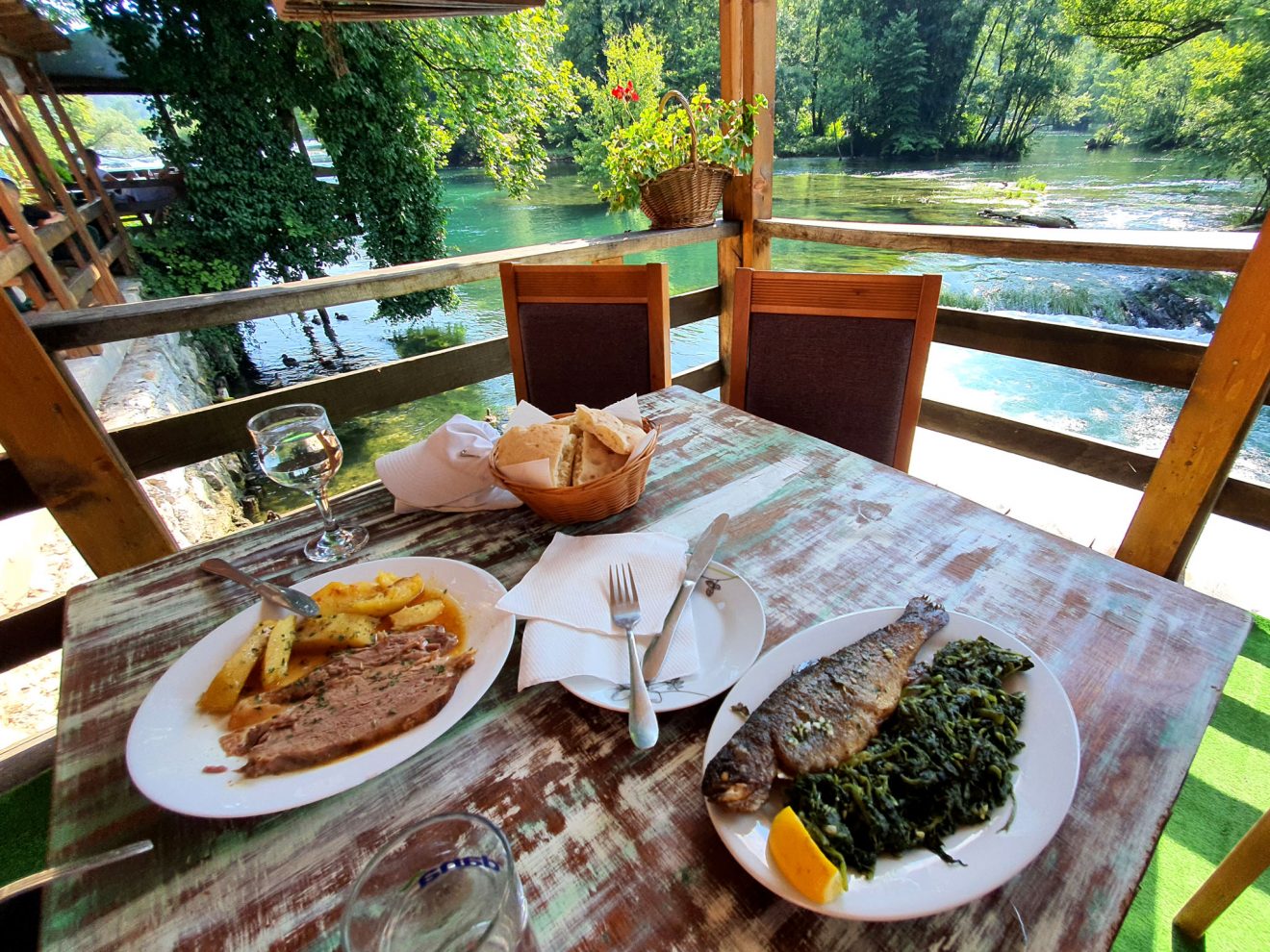
What, where, how, why …?
Now-days, many people do static work, do not have much time for physical activities and in addition there is an aggravating circumstance which is reflected in the fact that they are not able to eat healthy and/or regularly. As important as what you eat is, it is much more important when you eat – which I hinted at with the quote at the beginning of the text. It is completely illogical to starve or eat just some snacks in the morning and to lack energy all day and then go to training in such a state – but consume a large portion of pasta or kebabs just before bedtime. Chances are that you will collapse or even faint during training.
If we exclude training, ie. physical activity from the equation, and even if you are on a rigorous diet – everything you put into the body during the morning you will in any case get spent during the day, while you should start calculating with lunch and adjust it to the rest of the day. Dinner should again be in accordance with the specific needs of the body and not the main meal of the day. Also, just as it is not wise to have dinner that will overload the body before bed, it is a bad practice to skip dinner completely, because hunger will negatively affect sleep and the possibility of reaching for a low-quality fast meal to get full drastically increases.
All right, man – I’m hungry, tell me what to eat!
First, it is important to break the misconception that a certain amount of fats that we ingest through the diet, which are essential for metabolism and also represent a source of energy, is actually what makes you fatter. As we have determined, this happens due to the caloric surplus, regardless of the energy source. Another very important thing to point out is that not all calories are the same, because they come from different types of nutrients, which play different roles in the body and additionally the amount of energy that goes on food processing varies and thus the amount of energy that it remains at our disposal varies as well. The glycemic index of food (the relative rate of growth of blood sugar) also varies, as does the feeling of satiety that a given food creates, while there are a number of other factors.
When we take all that into account – I will first tell you what not to eat. So, first of all, it is necessary to eliminate or at least minimize simple sugars, white flour, food items with saturated fat acids and other low-quality foods with many calories and little useful content. This includes various sugars and sweets, commercially sold juices, bakery products, mayonnaise and the like. With this, you will already reduce your calorie surplus, maybe enough to stop gaining weight, and there are many healthy and delicious alternatives.
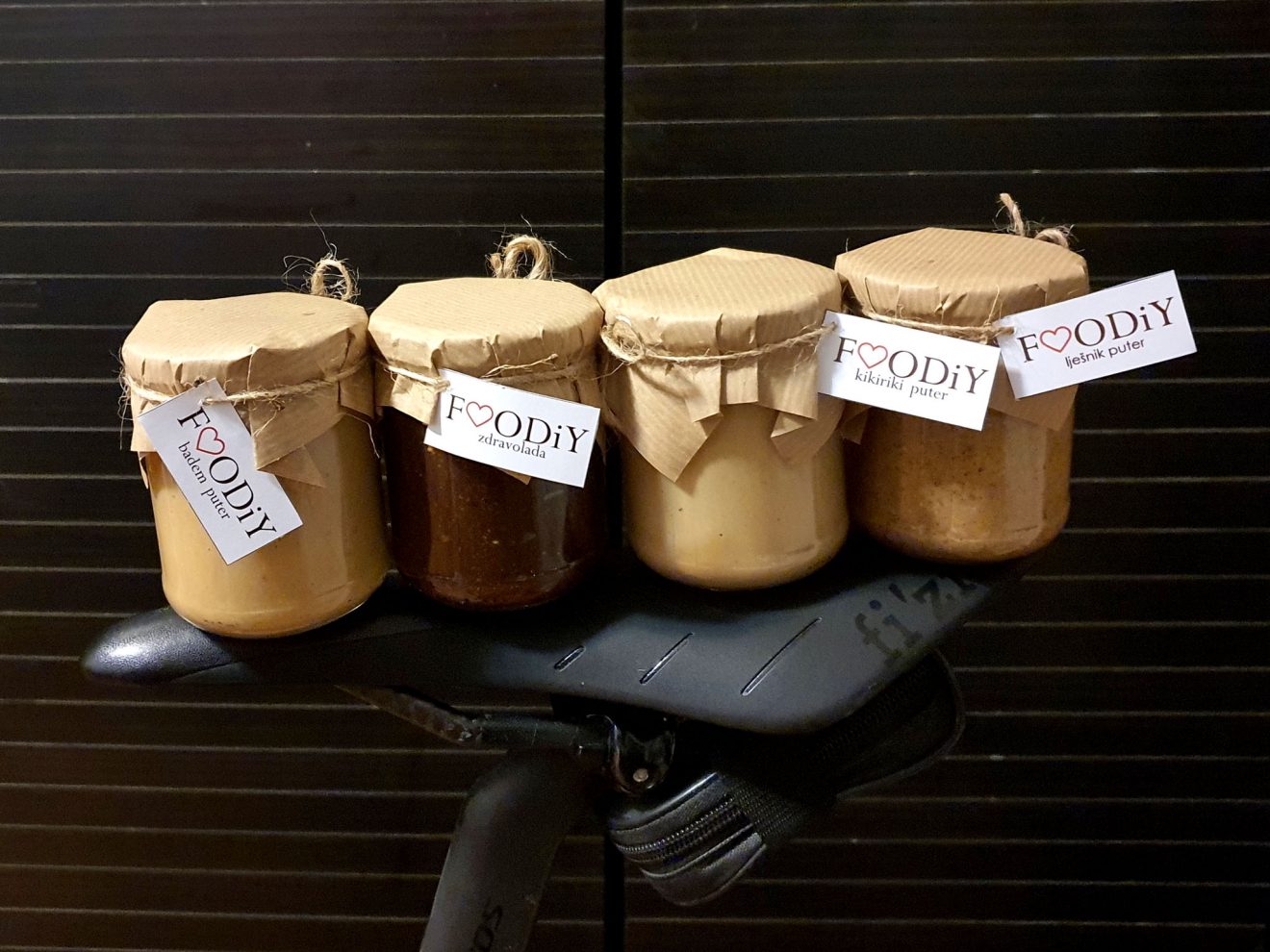
For breakfast, it is necessary to ingest quality carbohydrates and fiber, but also a certain amount of protein and fat. I emphasize that for breakfast you should eat food that will supply you with energy for a longer period of time, without rapid energy jumps and falls. Of course, people have different habits – someone has to eat as soon as they open their eyes, while someone else will first drink coffee or make a “smoothie” in the morning and have a more concrete breakfast later (for example, on a break at work). Either way, you can’t go wrong with food items like eggs, oatmeal, peanut butter, whole grain products, bananas, etc. Avoid highly processed items and eat fruits in moderate amount, because of fructose, which can cause high blood sugar spikes.
Lunch should be varied and include some soup or broth, red meat, chicken or some alternative source of protein, carbohydrates such as rice, potatoes or pasta, legumes and necessarily a fresh salad. Of course, drink plenty of water as well.
Dinner should be based on healthy foods rich in nutrients – primarily protein and fiber. Various vegetables or salads, chicken and turkey, legumes rich in protein, fresh cheese and especially fish – all these are great ingredients that can be combined for a quality dinner. Don’t turn your back even to some fiber-rich carbs. Also, a protein shake can be a substitute for dinner. Basically, the proverb mentions a poor dinner while in essence all the listed foods are not cheap at all :).
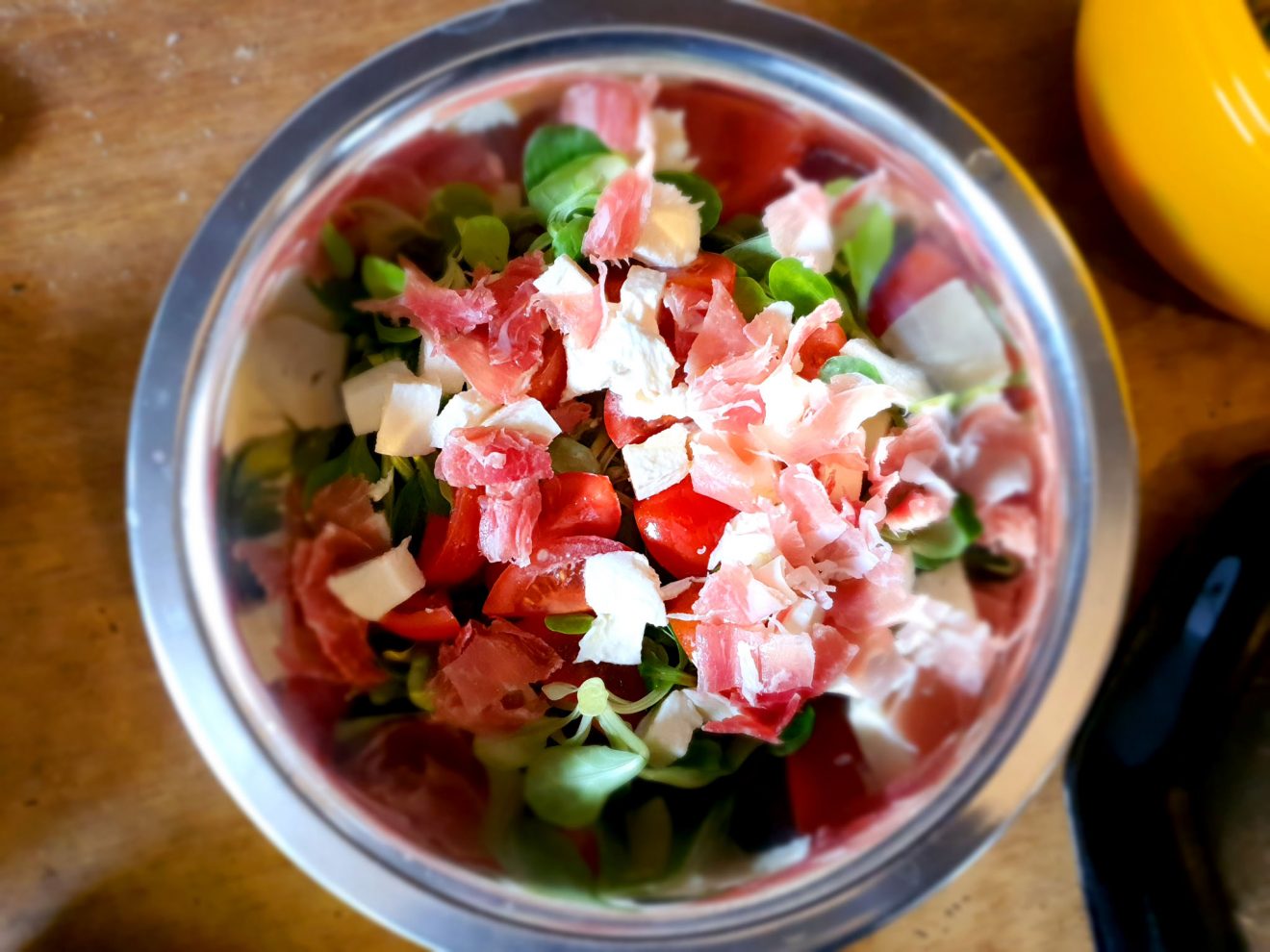
What does a cyclist’s diet look like?
This subtitle sounds like cyclists eat completely differently from other human beings, but given the caloric requirements of this sport – it’s important to ask the question that way. So, cyclists are divided into those who ride to lose weight and those who ride to be able to eat whatever they want without remorse :).
Joke aside, if we make a completely simplified analysis of the nutritional needs of a cyclist on a daily basis, or anyone who engages in any aerobic activity – they need an adequate amount of carbohydrates as a current fuel during training and protein to preserve muscle. What is important to emphasize is that these are the requirements of the organism in addition to the basic diet. If you have a balanced diet outside of training and do not make an extra energy intake, you will be in a calorie deficit, which you do not want to happen.
If you ride a bike leisurely and recreationally and one of your goals is to lose weight, then that may be a good plan, but in any case you must not go on a ride hungry and many people in a given scenario do just that. That is why they have completely inefficient and unpleasant rides with energy drops, they try to improve the situation with fast sugars during the rides and they often overeat after the rides. And then cycling becomes repulsive to them, while at the same time they don’t understand how can someone frequently do solid rides “unless they take drugs”. That the reason why I am writing series of articles on this subject to begin with.
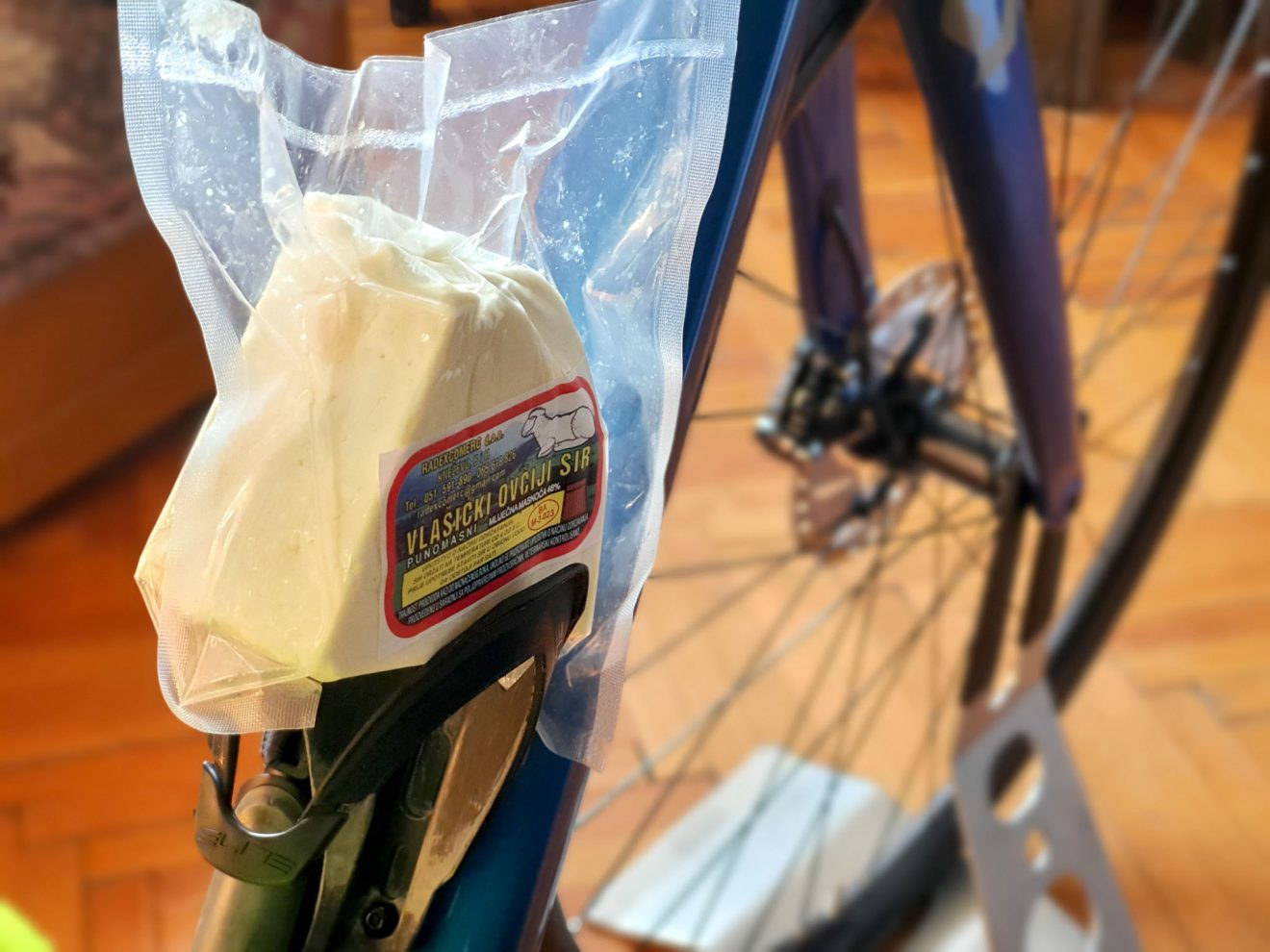
If you fall into another category, ie. very active cyclists, with or without structured training plans, and maybe even participating in competitions – you can very easily come to a completely different problem and that is that you have practically no time and no way to make up for all the calories burned! That is why professional cyclists also have professional nutritionists who take care of their diet, but that is beyond the scope of this article.
I personally like to start the day with a glass of freshly squeezed orange juice and a breakfast based on domestic eggs, so I have a good “base” for the rest of the day :). If the ride won’t be overly long or intense, I’ll be ingesting extra carbs while riding, which will be discussed more in subsequent articles. When I go on a longer ride or do the training later in the day, I also eat oatmeal before the ride. During the season, for lunch and dinner I basically take everything – various meats, along with homemade pasta, rice and potatoes, soups, stews, fish and seafood, I often eat kebabs and other grilled food, and often eat pizza and gyros / kebab as well. Practically, I don’t eat bread in its basic form and rarely drink commercially available drinks and I don’t eat a lot of sweets (but I definitely have to sweeten the meal with some chocolate drink or a piece of chocolate) and that’s it.
I have never added up calories and calculated their consumption, because, when everything is taken into account, I am constantly in a calorie deficit or at best at break-even, with the fact that weight loss is reflected only in the reduction of fat deposits, not muscle loss, which is the whole point of this story. During the off-season period, I reduce my food intake a bit – practically I reduce carbohydrate intake adequately to match the lack of cycling, but I still end up in a calorie surplus.
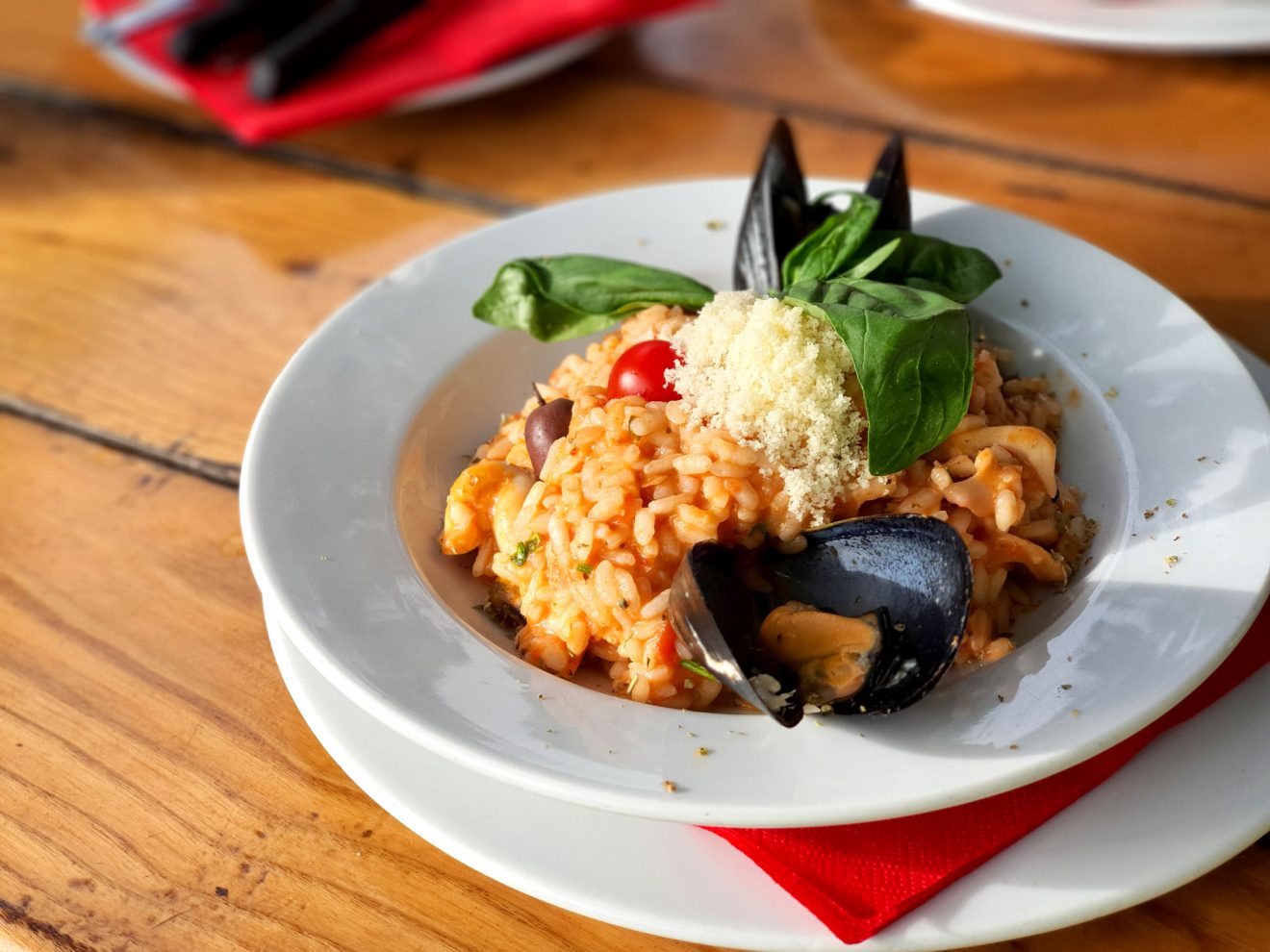
Summa summarum
I would recommend that you do not look at these dietary adjustments as a specific diet with a defined life-span, which you will force yourself to follow and then return to the old way sooner or later, but to make certain changes in the domain of nutrition, introduce the changes gradually and make them a habit and a part of your everyday life. Only in this way will you be able to achieve and keep the desired results in the long run.
Also, pay attention to the declarations on the products. You will notice rows in the table stating “carbohydrates – of which sugars this many grams” and “fats – of which saturated fatty acids that many grams” – these are the undesirable elements that we want to minimize.
Of course, every change in life, especially in terms of giving up certain pleasures and habits, is not easy to implement. But also, our organism easily gets used to everything, especially to realistically better conditions :).
The following articles will be more and more focused on cyclists’ diet, as well as various pitfalls related to this area, so be sure to subscribe to the news.
